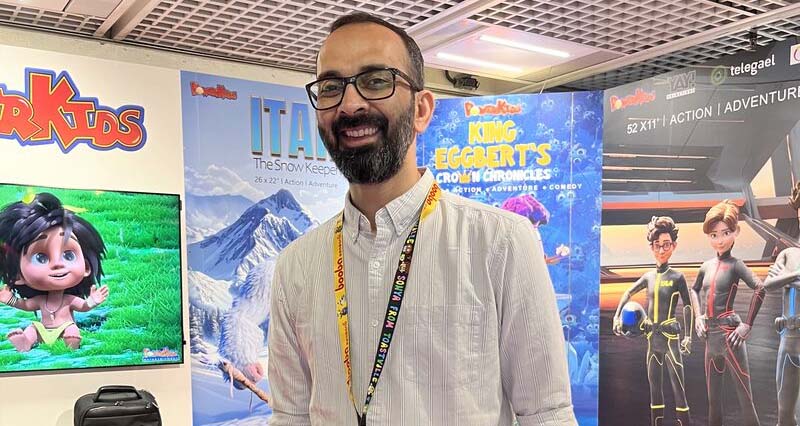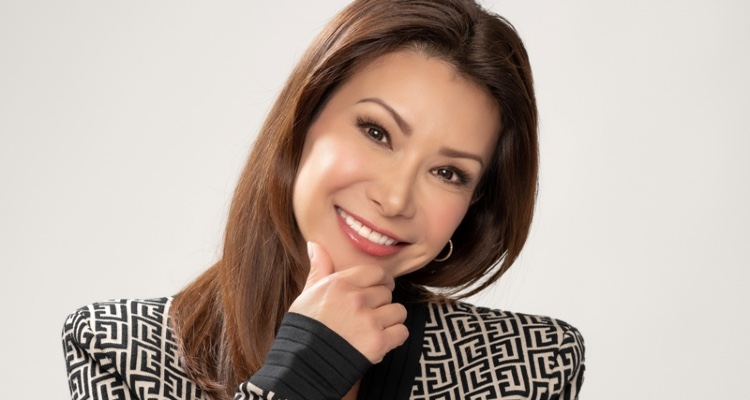In the last 20 years, the African continent has given birth to a local industry with its own economic model. The film and audiovisual sector produces and distributes its content throughout its territory, despite having a great unexplored economic potential. As a result of the digital revolution that began several years ago, which was accelerated by the coronavirus pandemic, the industry is undergoing a change of landscape. Today, the aim is to «Africanize» content so that its users feel part of it, and not simply spectators of foreign productions. New technologies, as well as improved prices for digital material and the rise of online platforms, are contributing to the emergence of new generations of African producers.
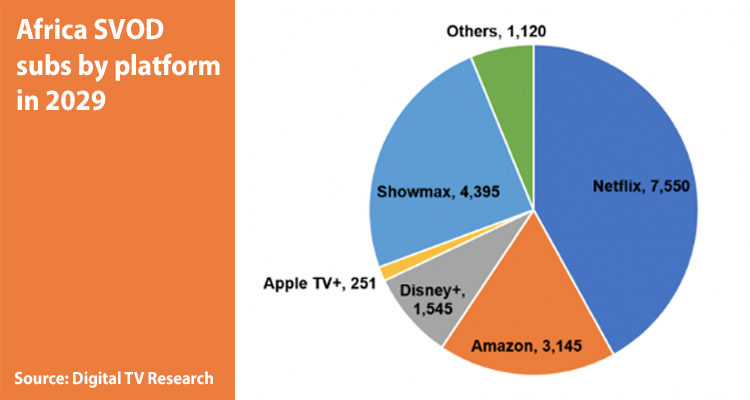
Mordor Intelligence released a report claiming that Africa’s entertainment and telecommunications market will register annual growth of 11.2% CAGR over the period 2021-2026. Thanks to smartphone penetration with low data tariffs, and investments in original content, the region’s digital consumption is among the highest in the world, with most markets projected to grow online video revenues. With consumers increasingly digital, their consumption habits are evolving across multiple devices. The population of 0-24 year olds is key in the continent and is expected to increase by almost 50% by 2050.
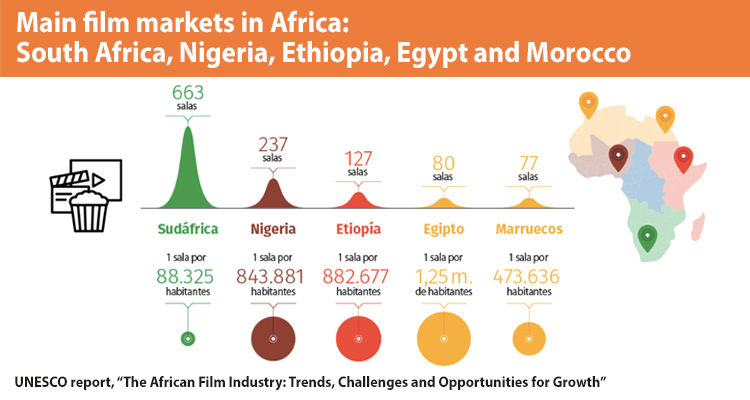
The use of pay-TV and VOD is expanding rapidly across Africa, with the growing adoption and acceptance of digital media. Providers across the continent are taking advantage of higher rates of connectivity and investment to gain access to customers and strengthen the provider/customer relationship. In addition, they are actively competing to ensure their medium- and long-term success. On the other hand, the emergence of social media is revolutionizing the industry and players are switching from traditional to digital platforms, with an increase in advertising spend on digital.
‘In Africa, there is a desire for unification at the continental level. While there is still a lot of development to be done, the adoption of streaming is linked to the Internet and the cost of connectivity. We have to look at the economics of each country because we see that there is growth in the number of people choosing mobile subscriptions. As we move further and further away from the pay-TV type of audience, we move into the mass market where we see more mobile consumption, of people choosing SVOD. We want our industry to perform better, to attract investment to our market. That’s why we have to bring our content, our stories to the world’ assured Yolisa Phahle, CEO of Showmax, in a dialogue with The Hollywood Reporter.
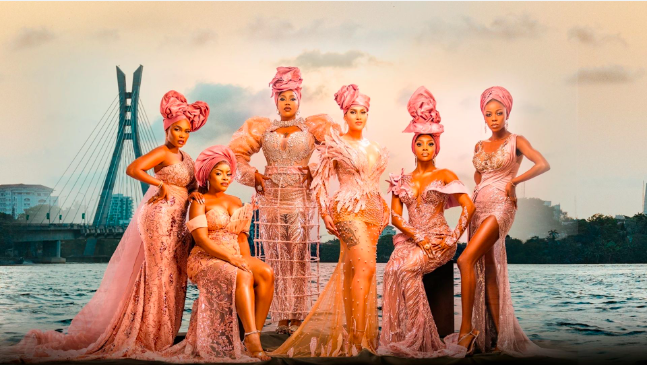
Africa is the richest continent in natural resources and the poorest among humans. After decades of disdain, the region is the latest gold mine for soft power, the light industry of cultural consumption. With Nigeria, Kenya and South Africa as their base of operations, the platforms are fighting for territory in virgin lands. According to Nicolas Artusi in his column «Streaming. The platforms, on the hunt for Africa», Netflix has three million subscribers on the continent and expects to double this figure by 2027. Then follows Showmax, the autochthonous platform that has nearly one million subscribers from across the continent, and offers productions in English, Swahili and Sepedi, among other languages. MultiChoice‘s streaming service made a name for itself with original content, and not only caught the attention of people on the continent, but also in London, Philadelphia and Hollywood. Amazon Prime Video has almost 600 thousand subscribers, and offers content from Bollywood and Nollywood, Nigeria’s film industry. Apple TV+ has almost 130 thousand users and does not offer special content in the region. In fifth place is Disney+, which expects to reach 1.5 million subscribers within five years. It should be noted that Canal+ is very popular in sub-Saharan African countries. Another platform with a wide presence is Shahid, the Dubai-based content platform, which leads in the northern countries of the continent such as Morocco, Algeria and Tunisia, and is also well known in the Arabian Peninsula.
With 2.500 productions a year, the Nigerian industry (Nollywood), has established itself as a major player on the African continent, thanks to a fast and efficient production model. In terms of regional productions, there has not been any program that has had as much repercussion as
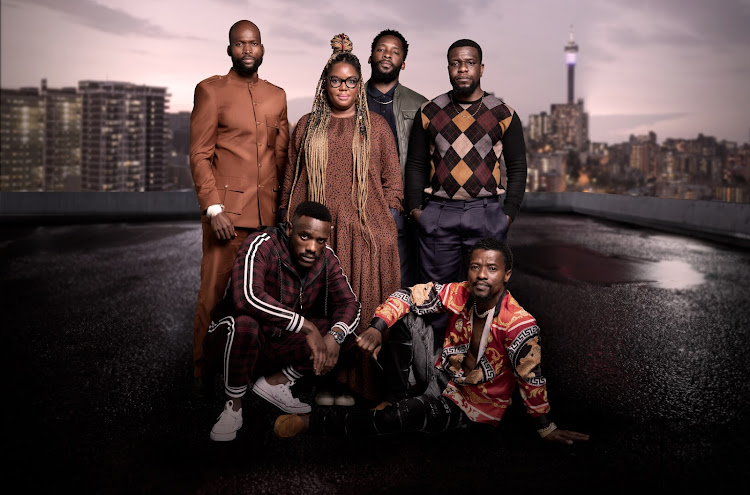
Adulting (a drama about four male friends on their journey to find love and success in modern-day South Africa), The Real Housewives of Lagos, and The Real Housewives of Nairobi; all local Showmax productions. Another major program is Spinners (about a 17-year-old driver in Cape Town who tries to break out of gang life through Spinning, a South African extreme motor sport), a co-production with Canal+ that managed to be the first African series to be selected by CanneSeries.
However so far, the most popular series is The Wife with more than 50 million hours played. It is an adaptation of Dudu Busani-Dube‘s novel that tells the story of a family taxi company and the problems South African citizens face on a daily basis. In «the rainbow nation», taxis are the way people get to and from work; it is basically a privately owned public transport that has a huge impact on the lives of women and men, as well as on their economy.‘The Wife managed to change everyone’s perception of Showmax, generating a lot of awareness, which brought us really significant growth in terms of acquisitions. We were able to follow that show with Adulting , which was a very different genre than an epic soap opera’ added Yolisa Phahle.

